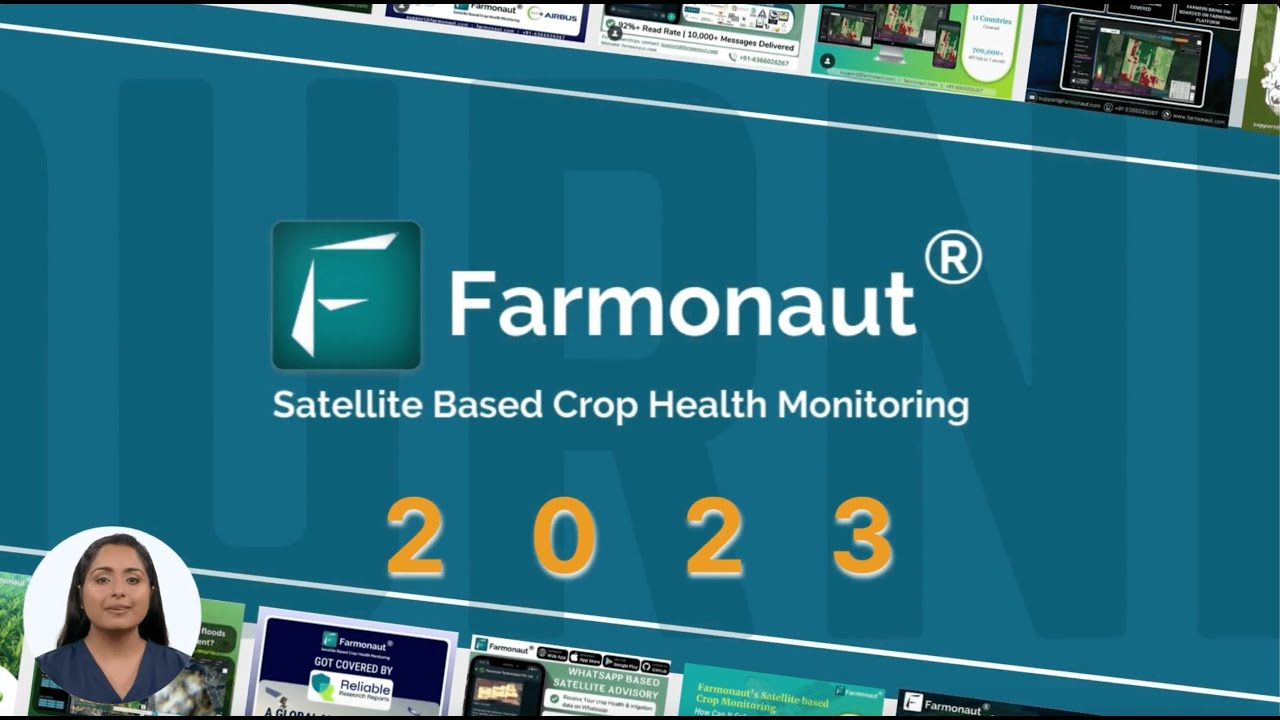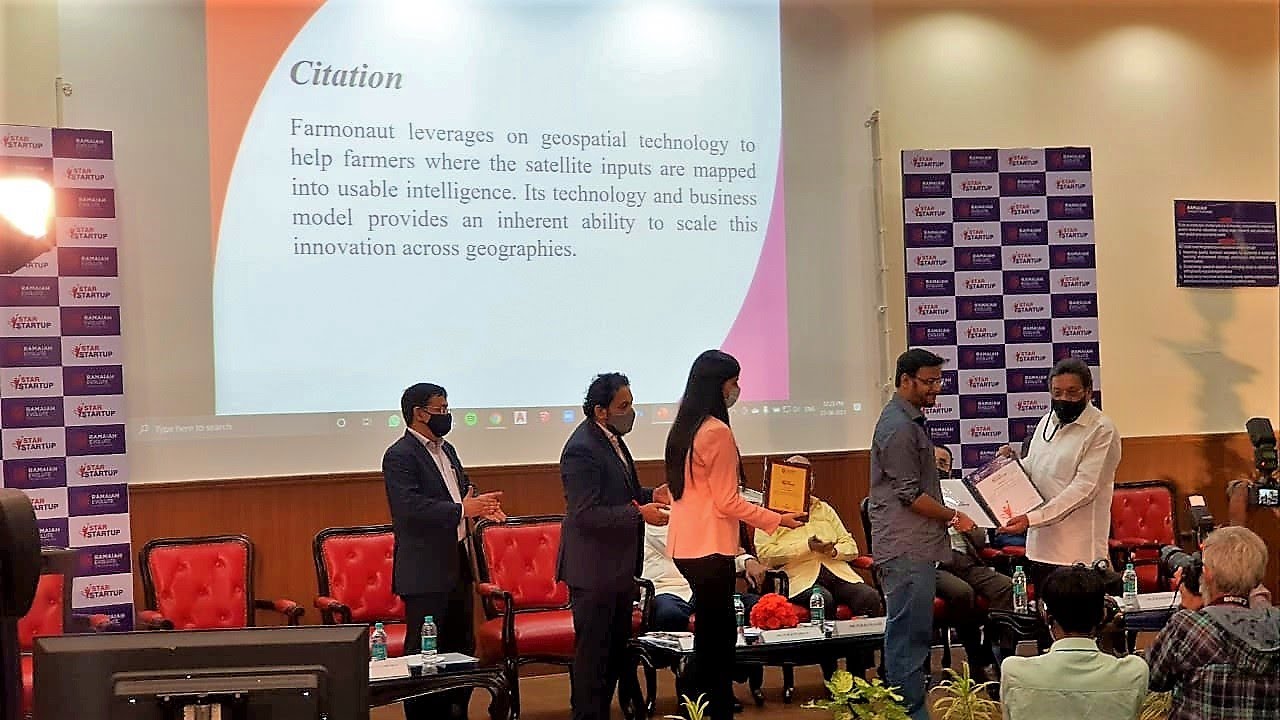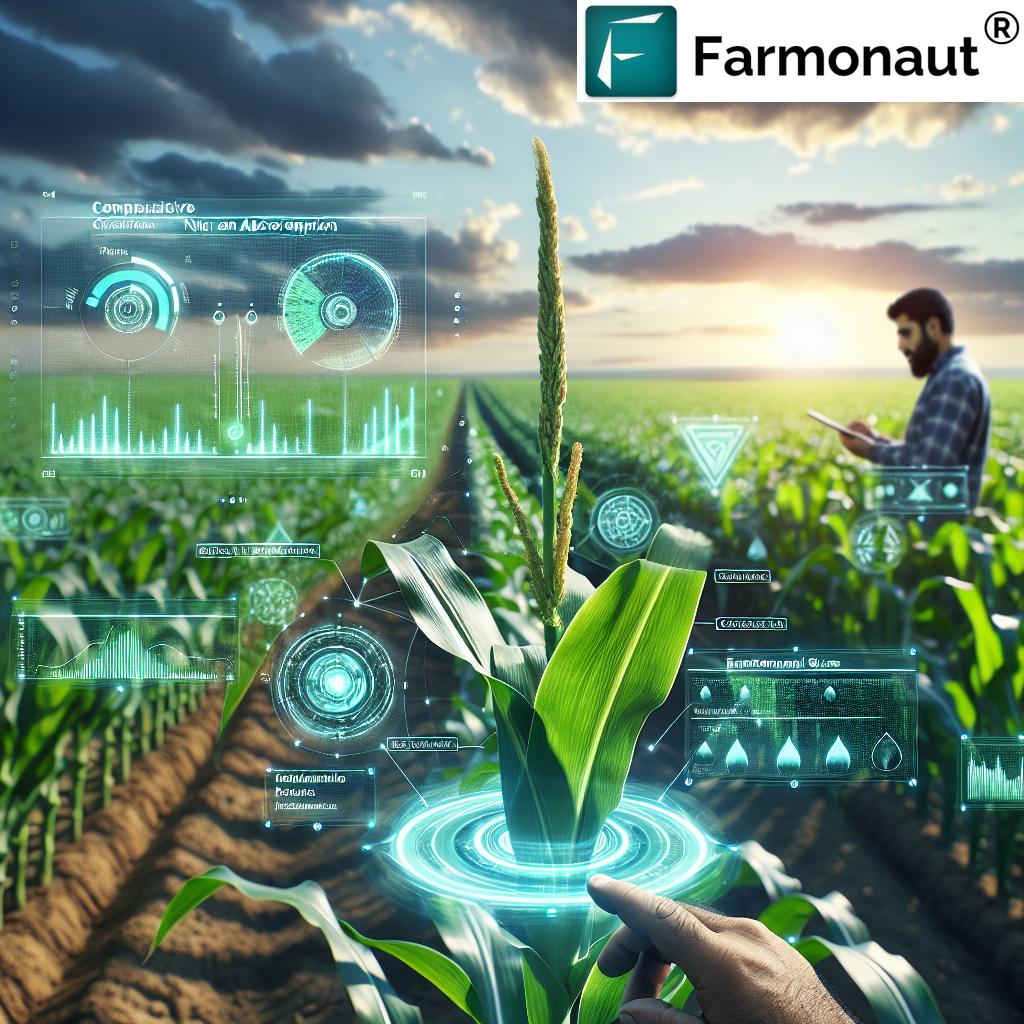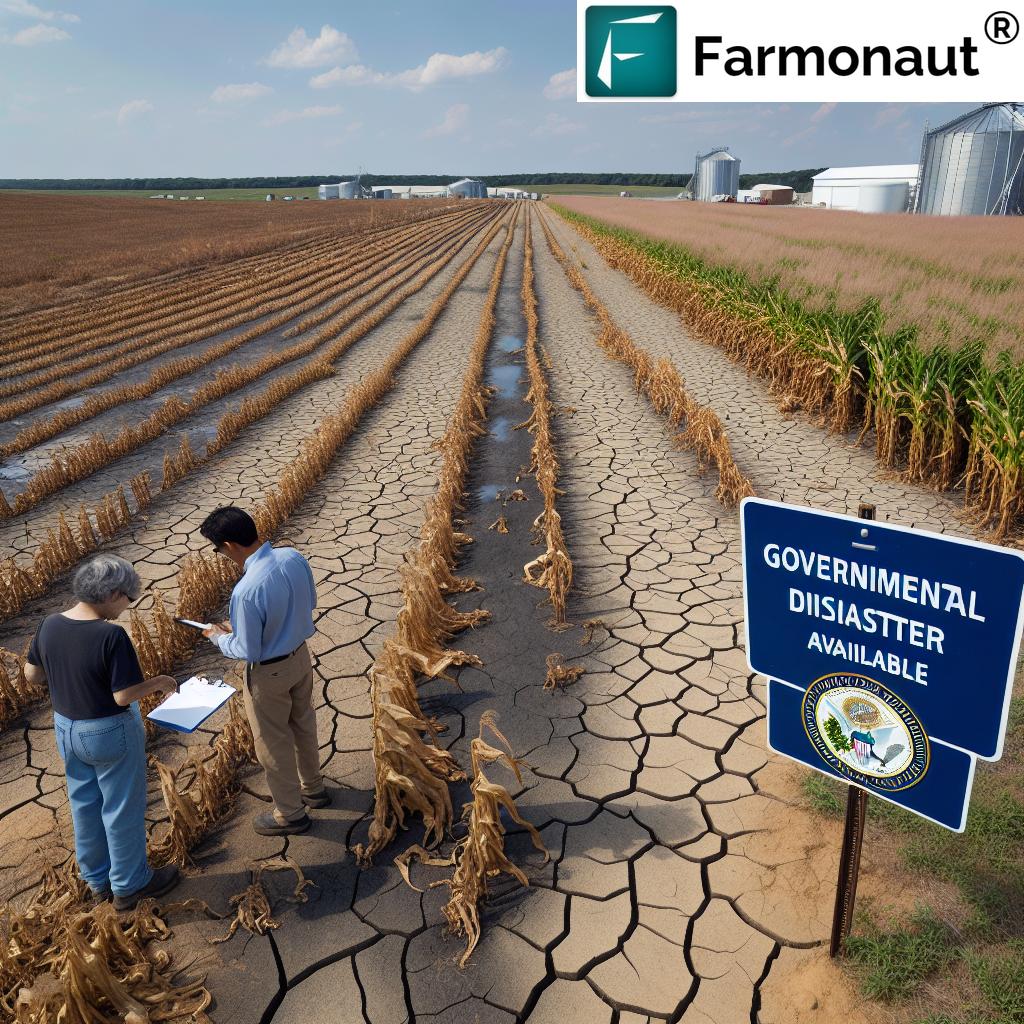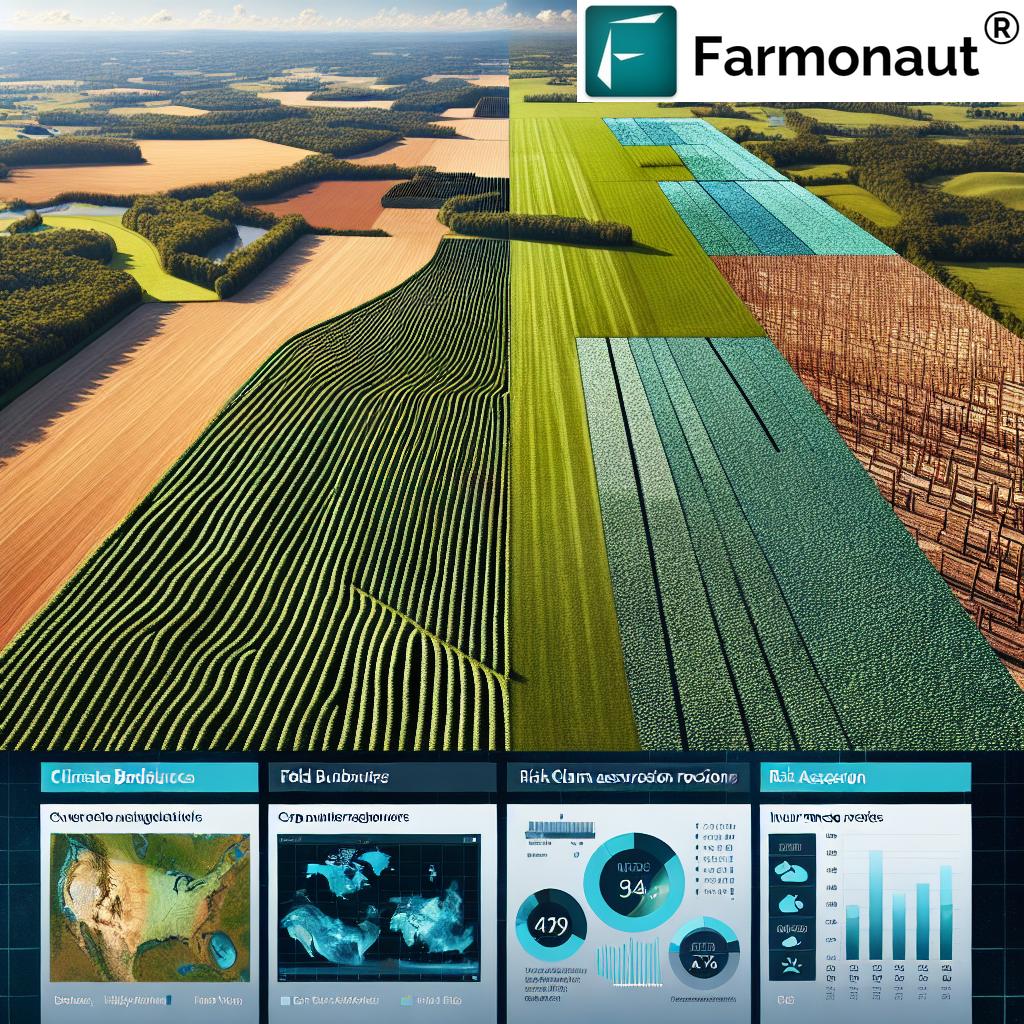Texas Bar Foundation: $1.6 Million in Grants Awarded for 2023-2024 Legal Initiatives
“The Texas Bar Foundation awarded $1.6 million in grants for 2023-2024 legal initiatives, supporting various programs across the state.”
As we delve into the world of legal initiatives and agricultural advancements in Texas, we’re excited to share the latest developments in grant funding and technological innovations. The Texas Bar Foundation’s recent announcement of $1.6 million in grants for 2023-2024 legal initiatives marks a significant milestone in supporting crucial programs across the state. This substantial funding cycle not only highlights the foundation’s commitment to justice and legal services but also parallels the revolutionary changes happening in the agricultural sector.
The Intersection of Legal Funding and Agricultural Innovation
While the Texas Bar Foundation focuses on legal initiatives, we can’t help but draw parallels to the transformative impact of precision agriculture grants and sustainable farming initiatives that are reshaping the agricultural landscape in Texas and beyond. These grants, much like those in the legal sector, are driving innovation and progress in critical areas of society.
Let’s explore how these two seemingly distinct fields – legal services and agriculture – are both benefiting from strategic funding and technological advancements.

Breaking Down the Texas Bar Foundation’s Grant Allocation
The Texas Bar Foundation’s $1.6 million grant allocation for 2023-2024 is set to make a significant impact on legal services across the state. This funding cycle demonstrates the foundation’s commitment to supporting a wide range of legal initiatives, from access to justice programs to legal education and community outreach efforts.
- Access to Justice: A substantial portion of the grants will likely go towards improving access to legal services for underserved communities in Texas.
- Legal Education: Funding for law schools and continuing education programs ensures that Texas attorneys stay at the forefront of legal developments.
- Community Outreach: Grants supporting legal clinics and public education initiatives help bridge the gap between legal professionals and the communities they serve.
- Technology Advancements: Some funds may be allocated to modernizing legal services through technology, improving efficiency and accessibility.
This comprehensive approach to grant allocation reflects the Texas Bar Foundation’s understanding of the multifaceted nature of legal services and the diverse needs of Texans.
Agricultural Technology Funding: A Parallel Revolution
“Precision agriculture grants are driving the adoption of smart irrigation systems and crop monitoring technology, revolutionizing farm management practices.”
While the legal sector benefits from the Texas Bar Foundation’s grants, the agricultural industry is experiencing its own funding revolution. Agricultural technology funding is paving the way for innovative solutions that address longstanding challenges in farming and food production.
Let’s examine some of the key areas where agricultural grants are making a significant impact:
- Smart Irrigation Systems: Grants are enabling farmers to implement advanced irrigation technologies that optimize water usage, crucial in water-scarce regions of Texas.
- Crop Monitoring Technology: Funding for satellite-based and ground-level sensors allows for real-time monitoring of crop health and soil conditions.
- Agricultural Data Analysis: Investments in data analytics platforms help farmers make informed decisions based on historical and real-time data.
- Soil Health Management: Grants support research and implementation of practices that improve soil quality and sustainability.
- Agricultural Drone Applications: Funding for drone technology enables precise crop surveying and targeted treatment of pest or disease outbreaks.
These advancements in agricultural technology are not just improving farm management; they’re revolutionizing the entire agricultural landscape in Texas and beyond.
The Impact of Grants on Sustainable Farming Initiatives
Sustainable farming initiatives are at the forefront of agricultural innovation, and grants play a crucial role in their development and implementation. These initiatives aim to balance productivity with environmental stewardship, ensuring that Texas farms remain productive for generations to come.
Key areas of focus for sustainable farming grants include:
- Water conservation techniques
- Renewable energy adoption in farm operations
- Soil health improvement programs
- Integrated pest management systems
- Climate-resilient crop varieties
By supporting these initiatives, grants are not only helping individual farmers but also contributing to the long-term sustainability of Texas agriculture as a whole.
Leveraging Technology for Farm Management
The adoption of advanced technologies in farm management is transforming the way Texas farmers operate. Farm management software, often supported by grant funding, is becoming an essential tool for modern agriculture.
These software solutions offer a range of benefits:
- Real-time monitoring of crop conditions
- Precise resource allocation
- Automated record-keeping and reporting
- Integration with weather data for informed decision-making
- Optimization of planting and harvesting schedules
As these technologies become more accessible through grant funding, even small and medium-sized farms can benefit from the advantages of precision agriculture.

The Role of Agricultural Data Analysis in Modern Farming
Agricultural data analysis is becoming increasingly crucial in modern farming practices. Grants supporting data analysis initiatives are helping farmers make more informed decisions based on comprehensive insights.
Key aspects of agricultural data analysis include:
- Yield prediction models
- Soil composition analysis
- Weather pattern tracking
- Market trend analysis for crop selection
- Resource utilization optimization
By leveraging these data-driven insights, Texas farmers can improve their productivity, reduce waste, and increase their overall profitability.
Innovations in Crop Monitoring Technology
Crop monitoring technology has seen significant advancements in recent years, thanks in part to targeted grant funding. These technologies provide farmers with unprecedented visibility into the health and development of their crops.
Some of the latest innovations in crop monitoring include:
- Satellite imagery for large-scale crop assessment
- IoT sensors for real-time soil and plant health monitoring
- AI-powered image analysis for early disease detection
- Spectral analysis for nutrient deficiency identification
- Mobile apps for on-the-go crop monitoring and management
These technologies are not only improving crop yields but also helping farmers respond quickly to potential issues, minimizing losses and optimizing resource use.
The Evolution of Smart Irrigation Systems
Smart irrigation systems are at the forefront of water conservation efforts in Texas agriculture. Grants supporting the development and implementation of these systems are helping farmers optimize water usage while maintaining or even improving crop yields.
Key features of smart irrigation systems include:
- Soil moisture sensors for precise watering
- Weather-based irrigation scheduling
- Remote control and monitoring capabilities
- Integration with crop health data for targeted irrigation
- Water usage analytics for continuous improvement
As water scarcity becomes an increasingly pressing issue, these smart irrigation systems are proving invaluable in ensuring sustainable water use in agriculture.
Soil Health Management: A Foundation for Sustainable Agriculture
Soil health management is a critical component of sustainable farming practices. Grants focused on improving soil health are helping Texas farmers maintain the long-term viability of their land while reducing the need for chemical inputs.
Key areas of focus in soil health management include:
- Cover cropping techniques
- Reduced tillage practices
- Organic matter incorporation
- Soil microbiome enhancement
- Precision nutrient management
By investing in soil health, farmers are not only improving their current yields but also ensuring the productivity of their land for future generations.
The Rise of Agricultural Drone Applications
Agricultural drone applications are revolutionizing how farmers monitor and manage their crops. Grants supporting drone technology in agriculture are enabling farmers to gain new perspectives on their fields and make more informed decisions.
Some innovative uses of drones in agriculture include:
- High-resolution crop mapping
- Precision spraying of pesticides and fertilizers
- Plant health assessment through multispectral imaging
- Livestock monitoring in large pastures
- 3D terrain modeling for improved land management
As drone technology becomes more accessible and affordable, it’s poised to become an essential tool for farms of all sizes across Texas.
The Impact of Farm Disaster Relief Programs
Farm disaster relief programs play a crucial role in supporting Texas farmers during times of crisis. Whether it’s hurricanes, droughts, or other natural disasters, these programs provide essential support to help farmers recover and rebuild.
Key aspects of farm disaster relief programs include:
- Emergency loans for crop losses
- Grants for infrastructure repair and replacement
- Technical assistance for recovery planning
- Temporary tax relief measures
- Support for replanting and soil restoration
These programs demonstrate the commitment to preserving Texas’s agricultural heritage and ensuring the resilience of the farming community in the face of adversity.
The Future of Agricultural Technology Funding
As we look to the future, the landscape of agricultural technology funding is likely to evolve, focusing on emerging challenges and opportunities in the sector. We anticipate increased investment in areas such as:
- Climate-resilient farming techniques
- Artificial intelligence in crop management
- Vertical farming and urban agriculture
- Precision livestock farming
- Blockchain technology for supply chain transparency
These future-focused investments will help ensure that Texas agriculture remains at the forefront of innovation and sustainability.
Farmonaut’s Contribution to Agricultural Innovation
In the realm of agricultural technology, Farmonaut stands out as a pioneering company offering advanced, satellite-based farm management solutions. Their platform integrates innovative technology and data-driven insights into traditional farming practices, making precision agriculture more accessible and affordable.
Farmonaut’s key offerings include:
- Real-time crop health monitoring using satellite imagery
- AI-based advisory systems for personalized farm management
- Blockchain-based traceability solutions for supply chain transparency
- Resource management tools for optimized farm operations
By leveraging these advanced technologies, Farmonaut is empowering farmers with the tools they need to make informed decisions and improve their overall productivity.
Explore Farmonaut’s solutions:
For developers interested in integrating Farmonaut’s technology into their own solutions, check out their API and API Developer Docs.
Agricultural Technology Grants and Initiatives in Texas
| Initiative Name | Grant Amount | Funding Organization | Technology Focus | Expected Impact |
|---|---|---|---|---|
| SmartIrrigate Texas | $500,000 | Texas Department of Agriculture | Smart irrigation systems | 30% reduction in water usage across 1000 farms |
| Drone4Crops | $250,000 | USDA Rural Development | Agricultural drone applications | Improved crop monitoring and targeted treatments for 500 farms |
| SoilTech Initiative | $750,000 | Texas A&M AgriLife Research | Soil health management technology | Enhanced soil quality and 20% yield increase for participating farms |
| DataDriven Farming | $400,000 | Texas Farm Bureau | Agricultural data analysis platforms | Data-driven decision making implemented on 2000 Texas farms |
Conclusion: A Bright Future for Texas Agriculture
As we’ve explored throughout this article, the intersection of grant funding and technological innovation is driving significant advancements in Texas agriculture. From the Texas Bar Foundation’s support of legal initiatives to the transformative impact of precision agriculture grants, we’re witnessing a period of unprecedented growth and opportunity.
The future of farming in Texas looks bright, with sustainable practices, data-driven decision-making, and cutting-edge technologies paving the way for increased productivity and environmental stewardship. As companies like Farmonaut continue to innovate and make advanced agricultural solutions more accessible, we can expect to see even greater strides in the years to come.
By embracing these technological advancements and leveraging available funding opportunities, Texas farmers are well-positioned to meet the challenges of the 21st century and continue their vital role in feeding the world.
FAQ Section
Q: How are precision agriculture grants benefiting Texas farmers?
A: Precision agriculture grants are helping Texas farmers adopt advanced technologies like smart irrigation systems, crop monitoring tools, and data analysis platforms. These innovations lead to more efficient resource use, improved crop yields, and sustainable farming practices.
Q: What role does agricultural data analysis play in modern farming?
A: Agricultural data analysis enables farmers to make informed decisions based on real-time and historical data. It helps in predicting yields, optimizing resource allocation, and identifying potential issues before they become significant problems.
Q: How are smart irrigation systems improving water conservation in Texas agriculture?
A: Smart irrigation systems use sensors, weather data, and AI to optimize water usage. They ensure crops receive the right amount of water at the right time, reducing waste and improving overall water conservation efforts in agriculture.
Q: What are some key sustainable farming initiatives supported by grants in Texas?
A: Grant-supported sustainable farming initiatives in Texas include soil health management programs, renewable energy adoption on farms, integrated pest management systems, and the development of climate-resilient crop varieties.
Q: How are agricultural drone applications changing farm management practices?
A: Agricultural drones are revolutionizing farm management by providing high-resolution crop mapping, enabling precision spraying of inputs, assessing plant health through multispectral imaging, and even assisting in livestock monitoring on large properties.


